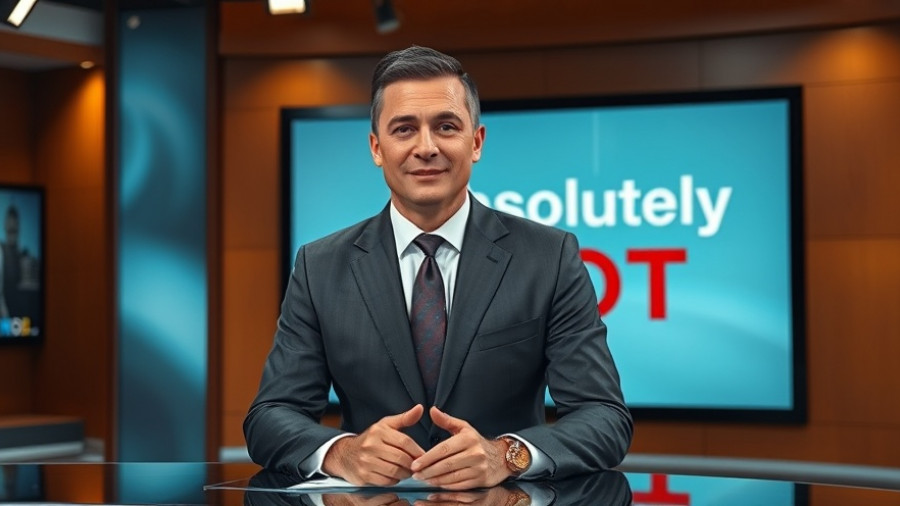
Understanding the Changing Landscape of Sports and Betting
This past week, the sports world has been jolted by scandals, none more contentious than the accusations against NBA player Terry Rozier related to sports betting. For many die-hard fans, the implications of such scandals can feel overwhelming. Rozier stands accused of faking an injury, allegedly allowing his friend to manipulate betting lines by convincing gamblers to place bets based on Rozier's expected poor performance. This goes beyond the traditional wins and losses of sport, delving into the murkier waters of integrity and ethics in the realm of professional athletics.
In 'Absolutely Not – Thoughts on Terry Rozier,' the discussion dives into the complicated intersection of sports and betting, exploring key insights that sparked deeper analysis on our end.
The Rise of Legalized Sports Betting
Since the legalization of sports betting in several U.S. states, the dynamics of how games are perceived have transformed significantly. Where once the focus lay solely on the game itself, fans now also consider player performances in relation to betting outcomes. Commercials featuring sports icons like Ray Lewis and Ed Reed touting betting promotions highlight how dangerously intertwined sports and gambling have become. This shift raises critical questions: How does this affect the integrity of the game, and should fans be worried about a player's choices beyond merely striving for victory?
Old-School Values vs. Modern Perspectives
Terry Rozier’s situation brings the concept of 'old school,' that is, focusing on pure competitive spirit and the essence of sports, into stark contrast with today's betting-centered mindset. Many fans yearning for a return to simpler times where results were black and white, may feel distressed as they become increasingly entangled in this new paradigm. There’s a sentiment that with ever-growing sports betting engagement, the joy of simply watching a game for its entertainment value is becoming overshadowed.
What Does This Mean for the Future of Sports?
As scandals continue to surface, one pressing question emerges: Can professional sports retain their credibility in the face of overwhelming betting interests? While some may call for stricter regulations, others—swayed by the influx of money associated with legal betting—suggest that leagues will not only accept this shift but may also endorse it further. Essentially, the genie is out of the bottle, and attempts to reel it back in could fall flat. The appeal of betting may attract an entirely new audience to sports, leading to higher viewership and greater revenues.
Gambling, Accountability, and Athlete Integrity
The allegations against Rozier spotlight a deeper issue of accountability within the sporting world. While Rozier’s defense states he genuinely faced an injury, skepticism arises regarding whether players might prioritize bets over their integrity. This concern highlights broader discussions about the responsibility that organizations, players, and leagues have in maintaining transparency while upholding fair play. As accountability in the gambling world intersects with professional sport, stakeholders must confront these ethical conundrums openly.
The Local Community’s Role in Sports and Ethics
For local communities, the implications of sports scandals can resonate deeply. Cities rally around their teams, and the actions of a single player can impact local pride and reputation. Residents deserve transparency and assurance that their teams are competing fairly. Scandals like Rozier's can evoke strong emotional responses from fans and further complicate the community's relationship with the game. It’s essential for community stakeholders to advocate for ethical practices in sports, ensuring integrity is at the forefront.
Taking a Stand: What Fans Can Do
As Jerry B. might jest about winning bets versus losing, fans have power in how they engage with these issues. By demanding cleaner practices and supporting organizations that champion fairness, fans can influence the culture surrounding sports betting. Recognizing that ultimate power rests in consumer choice, communities can stand firm against narratives that prioritize profit over ethics. As we continue to watch these debates unfold, the collective voice of sports enthusiasts can facilitate meaningful changes that prioritize the integrity of the game.
 Add Row
Add Row  Add
Add 




Write A Comment